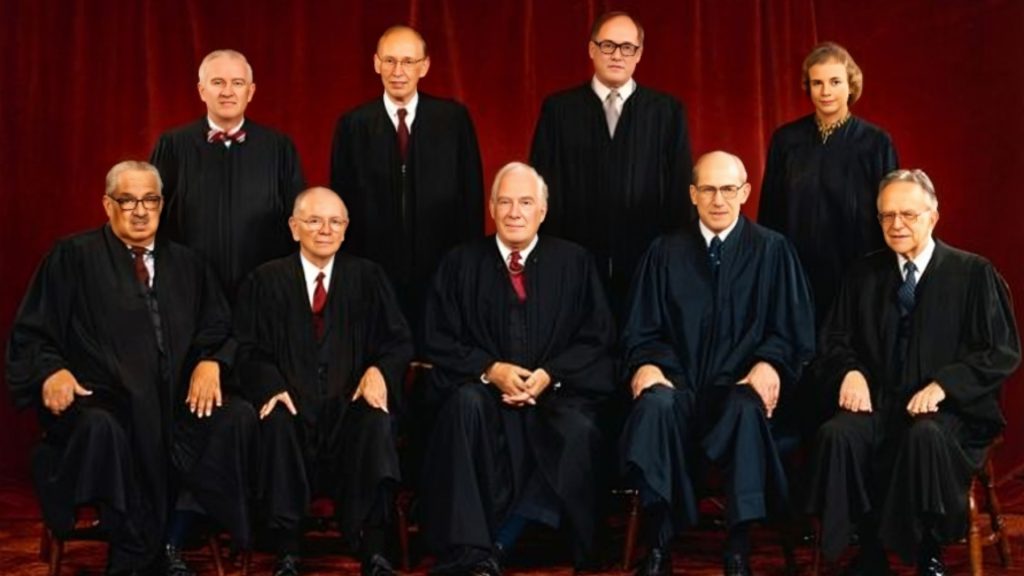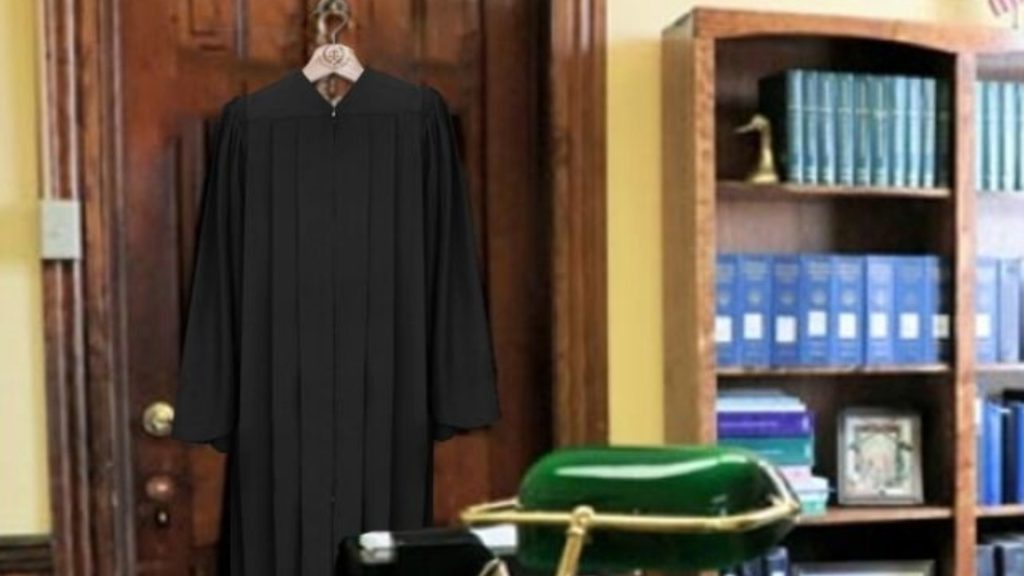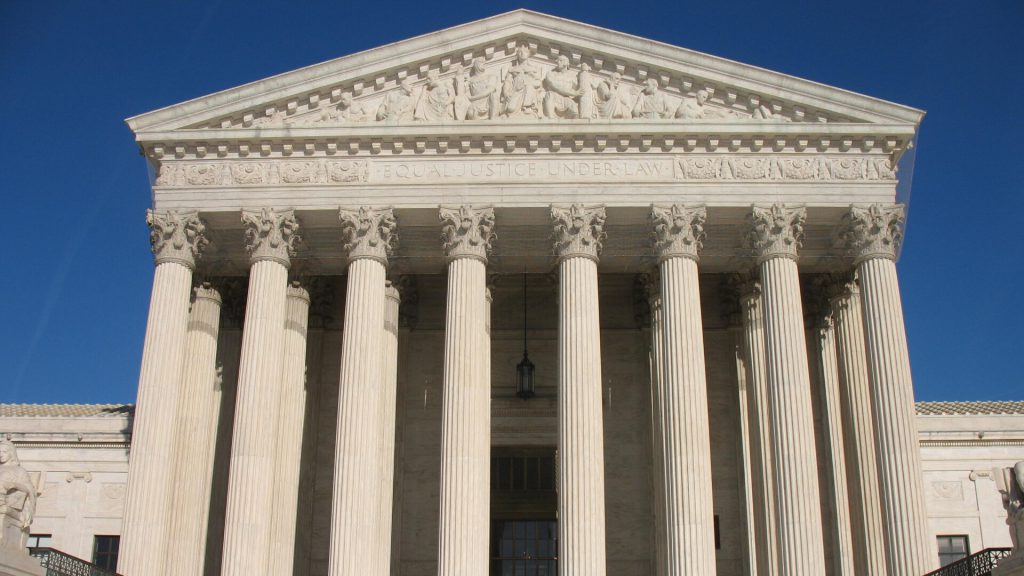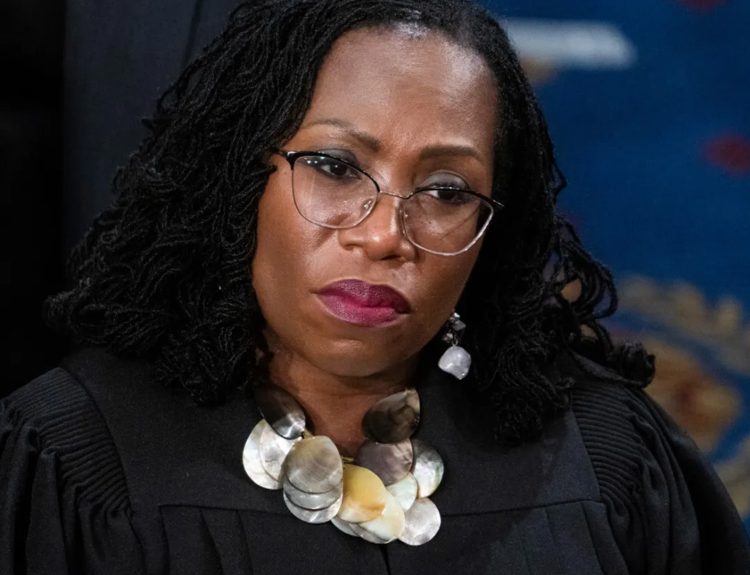In 2018, former teacher Peter Vlaming was terminated from a high school in Virginia for refusing to use the requested pronouns of a transgender student. Even after the school’s administration instructed him to do so, Vlaming adamantly refused to comply, ultimately leading to him being fired.
Lawsuit Filed By Former Teacher
It was reported that Vlaming filed a lawsuit against the school board the same year he was terminated. There are multiple reports confirming that Vlaming would not comply with the male pronouns that were requested by the transgender male student.

Per the report, Vlaming just avoided using pronouns altogether when he referred to the student.
Vlaming Was A French Teacher For Seven Years
It is reported that Vlaming taught French class for the school district for close to seven years before the School Board made the choice to end his employment. The ADF stated that “Peter was passionate about the subject he taught” as a teacher.

The group went on to say that Vlaming, “was well-liked by his students and he did his best to accommodate their needs and requests.” However, Vlaming “could not in good conscience speak messages that he doesn’t believe to be true.”
Alliance Defending Freedom
The Alliance Defending Freedom (ADF) group provided Peter Vlaming with legal support initially.The Christian legal advocacy group made the argument that the school’s directive was in direct violation of the right to free speech.

Additionally, they contended that the school board violated the teacher’s right to exercise his religion of choice. Both of the rights are protected through the Virginia Religious Freedom Restoration Act as well as the Virginia Constitution.
Attorney General
Various reports confirm that Vlaming received support from many professionals and even government entities. For example, the Virginia attorney general, feminists, and physicians filed briefs with the highest court of the commonwealth in support of Peter Vlaming

There were also various organizations that filed briefs on behalf of Vlaming.
Commonwealth
In its own brief, the Commonwealth of Virginia discussed their decision, per the brief, the School Board’s choice to fire Vlaming was simply unconstitutional.

The decision to fire Vlaming “transgresses Virginia’s long standing constitutional protections.” The Commonwealth highlighted the fact that Vlaming refused “to express a belief he does not hold” because it was “contrary to his faith.”
Physician Group
A group of pediatric physicians expressed their support for Vlaming in writing, they wrote that “affirming a child’s assertion of a discordant gender identity actually exacerbates the psychological and emotional distress that underlie the assertion.”

They went on to say,”refusing to deny biological reality by acceding to his student’s demands.” As a result, the group believes that ” it was Mr. Vlaming who was acting in the student’s best interest.” They added”should be celebrated” instead of terminated.
Radical Feminist Group
The Women’s Liberation Front, a self proclaimed radical feminist organization, made comments as well. The group stated, “gender identity-based laws and policies have already been applied in a manner that tramples upon the rights, privacy, and safety of women and girls.”

The group emphasized, “no exaggeration to say that the current wave of ‘gender identity’ advocacy involves an explicit rejection of objective scientific fact.” They went on to say,”women and men who, like Mr. Vlaming, simply want to perform their jobs without being compelled to support beliefs they do not share.”
The Superintendent
Laura Abel, the schools superintendent, made it explicitly clear that she was the one that recommended the termination of Peter Vlaming’s employment. She said that the school’s administration had informed the former teacher to refer to the student by male pronouns on several occasions.

Vlaming reportedly refused to use male pronouns for the student as he felt it was a “lie.”According to Abel, “by failing to follow the directive, he was, therefore, discriminating and creating a hostile environment.”
School Board Argued
The School Board made the argument that the termination of the former teacher’s employment was justified on the grounds of school policy violations. The School Board felt as though Vlaming had violated the schools policies that outline discrimination and harassment, specifically about gender identity.

Vlaming believed he was accommodating the student by avoiding pronouns altogether.
Dismissed
Initially the lawsuit that was filed by Vlaming was dismissed by the King William Circuit Court. However, a circuit court judge granted the School Board’s motion to dismiss the claims made within Vlaming’s lawsuit.

At the time the case would not go to trial. In addition to this, there wasn’t any evidence that was presented in the case.
Supreme Court Justices
Vlaming initially made claims in the lawsuit that his rights to freely exercise his speech and religion were violated. Many of the justices within the Supreme Court of Virginia agreed.

Vlaming also stressed the need for him to be able to have his right right to due process restored as well. The state’s high court determined in a ruling in mid-December 2023 that the lawsuit provided a cause of action on several claims to survive the request of the Supreme Court to throw out the case.
No One Can Be Forced
D. Arthur Kelsey, a Justice, made this statement,”no government committed to these principles can lawfully coerce its citizens into pledging verbal allegiance to ideological views that violate their sincerely held religious beliefs.” He also wrote in the majority decision that an exception would be if there was “a truly compelling reason for doing so.”

As previously mentioned, numerous justices agreed that Vlaming’s claims should not have been dismissed. However, the decision was not unanimous.
Vlaming Felt
Per the filings with the court, Vlaming felt that the “school district could have allowed him simply to refrain from using pronouns when addressing transgender students.”

The court filing stated that “a teacher who refuses to use pronouns when addressing a transgender student treats that student differently from all other students in the class.”
Not United
It was reported that the justices were not on the same page in regards to the legal analysis of the case or the appeal efforts overall. Leading Justice Thomas P. Mann reportedly wrote a dissenting opinion on some of the claims made by Peter Vlaming.

Per the report, Justice Mann didn’t just express a dissenting opinion regarding the Supreme Court’s decision in this case. His opinion was also shared by two other justices, Justice Cleo E. Powell and Chief Justice S. Bernard Goodwyn.
Concerns Raised
Mann cited concerns about the overall decision. According to Mann, the decision presumably gave the beliefs expressed by Peter Vlaming “greater deference in the eyes of the law.”

Mann believed this to be the case since his argument and the reasons behind his refusal to not use pronouns that were requested by the transgender student was rooted in his religious beliefs.
Mann Claims
Justice Mann emphasized the significance of recognizing that Peter Vlaming was not speaking as a public citizen on the matter in question. He was a public employee that spoke in his role as a teacher.

He further highlighted that Vlaming had been warned about the implications of his refusal to use pronouns. He was advised that his refusal would violate the School Board’s policies and, as a result, “failed to plead a cognizable free speech or due process claim under the Virginia Constitution.”
‘Loving v. Virginia’ Case
Justice Mann also brought up the historic Loving v. Virginia case that was also seen by the Virginia Supreme Court. He mentioned that the Supreme Court was not able to find any “sound judicial reason” that would justify overturning its previous decision.

In the earlier case, the Supreme Court upheld the miscegenation statutes before the United States, the Supreme Court made history with its own landmark decision. This landmark decision led to the ban of interracial marriages ending.
Justice Mann Claims
Justice Mann cited that the role of the student in question, who has been referred to as “John Doe” within the opinion, was arguably “nearly invisible” in the majority’s opinion. He went on to say that the student will “read or hear about the majority opinion.”

He went on to say that “hopefully” the student would hear about “this partial occurrence and dissent as well.” Per Mann’s opinion, the student may even observe that “he is nearly invisible” except for the “background section.”
Court Filing Referenced
The legal brief referenced the landmark case of Pickering v Board of Education (1968). This had a lasting impact in the world of United States constitutional law regarding the First Amendment rights of public employees.

High school teacher Marvin Pickering wrote a letter to a local newspaper. The letter criticized the way that the superintendent and School Board handled various bond issues, tax revenue distribution, and school fund allocation. Pickering was ultimately terminated by the School Board because of his writing.
Christian Legal Advocacy Group
Chris Schandevel, the Senior Counsel of Alliance Defending Freedom (ADF), discussed the case in an official statement. He indicated that “Peter [Vlaming] wasn’t fired for something he said.” On the contrary, according to Schandevel, Vlaming “was fired for something he couldn’t say.”

Schandevel stated that the Virginia Supreme Court “rightly agreed” that the case against the School Board “for violating his rights under the Virginia Constitution and state law should proceed.”
Pickering’s Rights
The Supreme Court ultimately found that Pickering’s letter was protected by the rights that are written in the First Amendment of the U.S. Constitution.

The Court would determine that Pickering’s letter was addressing matters that were of public concern.
ADF Center For Academic Freedom
The ADF Center for Academic Freedom is committed to defending the First Amendment in addition to related freedoms for students and faculty members.

According to the website, the center strives to make sure “everyone can freely participate in the marketplace of ideas without fear of government censorship.”
Court Document
The court filing drew comparison between Pickering v Board of Education and Mayer v. Monroe County Community School Corporation from 1969. In the latter, the United States Court of Appeals for the Seventh Circuit focused on the dismissal of public school employee Mrs. Mayer.

Mrs. Mayer was terminated after she wrote a letter to a local newspaper editor that expressed her disagreement with the decision of the school district to enforce a “no-cut” policy for sports teams. The court ruled in favor of the school district, indicating that Mayer’s rights were not violated as her letter did not feature a matter of public concern.






